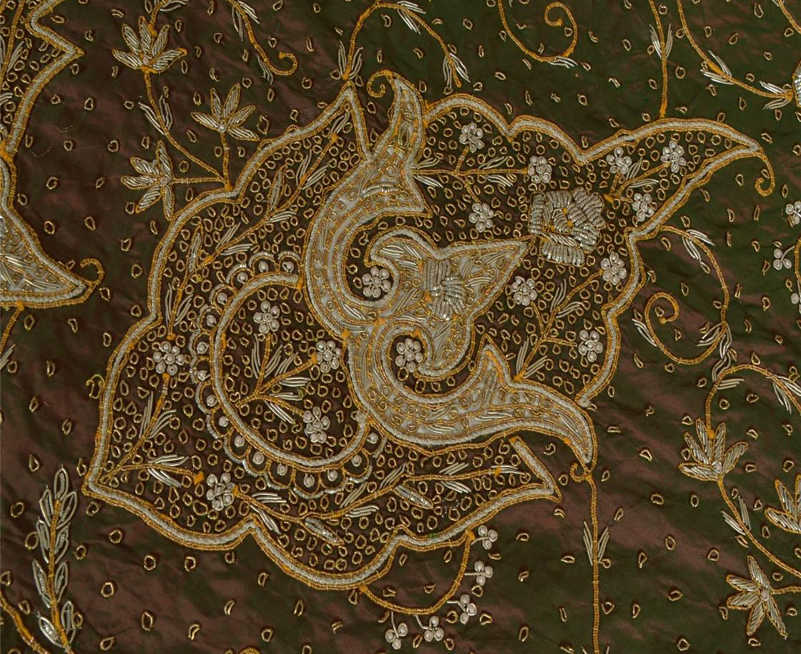===
0921,
6
===

=== |
 |
kab talak faryād karte yūñ phireñ ab qasd hai
dād līje apnī us z̤ālim se aṛ kar ho so ho
1) how long will we wander around {casually / vainly / 'like this'}, lamenting?! -- now the purpose/resolve is
2) that our own right/justice would be taken from that tyrant, having insisted/opposed/obstructed-- 'what will be, will be'!
yūñ : 'Thus, in this wise, in this manner; —just so, for no particular reason; without just ground, vainly, idly, causelessly, gratuitously; to please oneself'. (Platts p.1253)
qaṣd : 'Intention, design, purpose, resolve, aim, object; project, attempt, endeavour; desire, wish, will, inclination'. (Platts p.791)
aṛnā : 'To come to a stop or stand-still, to stop, to stick; to be restive; obstructive, &c., to oppose; wrangle, contend; to be obstinate, ... ; to come into collision, become interlocked (as the wheels of vehicles); to knock or jostle (against); ... to be determined or bent (on)'. (Platts p.44)
FWP:
In the first line, yūñ works excellently in its whole range of senses (see the definition above), for each of them is contrasted with the speaker's resolve about his future behavior. Instead of wandering around lamenting 'casually' and haplessly, he will do something focused; instead of wandering 'vainly', he will do something effective; instead of wandering 'like this', he will do something quite different.
And aṛnā is indeed a terrific verb for what the lover has in mind (see the definition above), for its nitty-gritty emphasis on doggedness and stubbornness carries over into the idea of actually blocking or obstructing someone. Imagine the spectacle of the humble lover treating the lofty beloved with such confrontational implacability! He knows he'd be taking his life in his hands, but he's ready for the risk-- 'what will be, will be'.
Of course, part of the delightfulness of the verse is that this may never happen. The lover may say these words to himself, and make this firm resolve to act, every day; but then every day the beloved's ravishing beauty and deadly hauteur may undo him afresh.
Note for grammar fans: It's not lījiye (which wouldn't scan in any case), but līje , an archaic form of liyā jāʾe , the passive subjunctive.